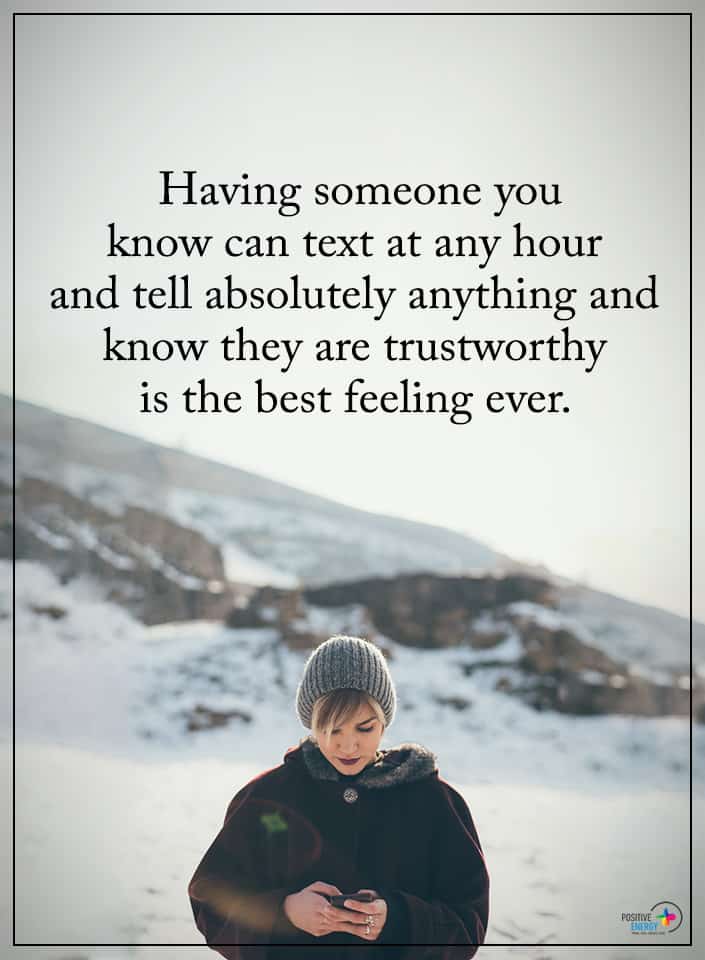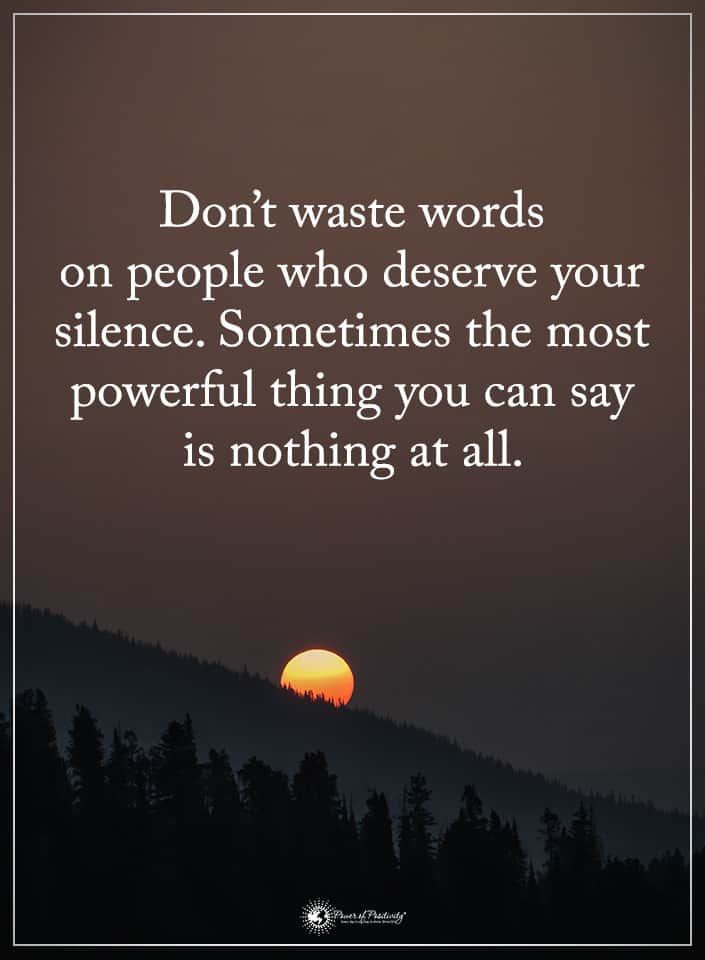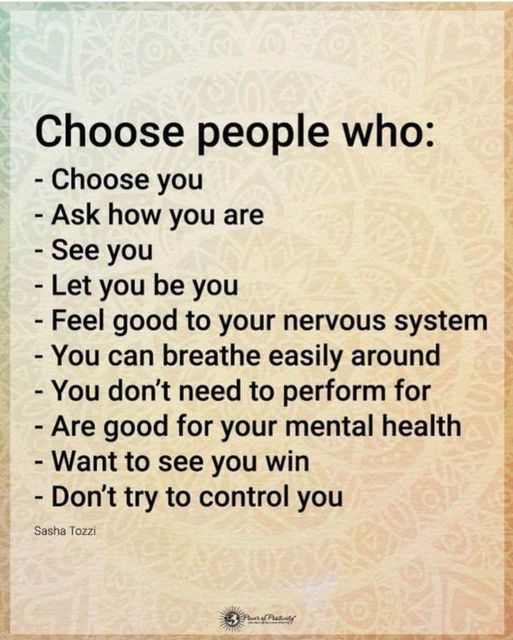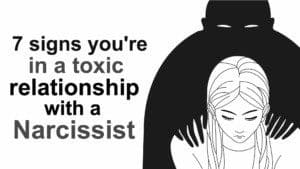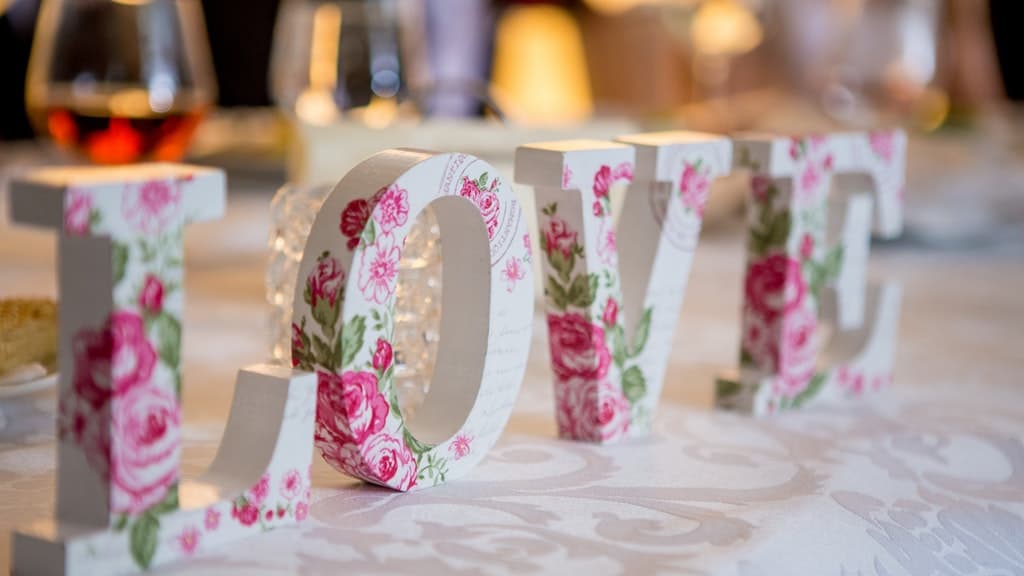It’s not surprising that we are harder and less forgiving of ourselves than we are of others. The demands on our time, energy and goodwill seem to be never ending.
And while we are willing to help others happily, at the end of the day, we often forget all the good we do. It’s hard to remember when we’re tired and realize we haven’t reached our personal goals, and all we see is we failed.
A big part of why we think less of ourselves, and even hate ourselves sometimes, comes by way of comparing ourselves to others. It’s natural to compare ourselves to the people around us, and there certainly is no lack of opportunity for it.
Sometimes when we compare ourselves with others, it can motivate us to work harder to achieve our goals. Unfortunately, though, most of the time it leads to feelings of inferiority and can lead us to hate ourselves and our lives.
The more social comparisons we make, the more likely we are to find comparisons that leave us feeling sensitive and even a little paranoid. It doesn’t matter how successful, healthy, or wealthy we are; there will always be someone who is better than us.
So with the demands on our time and our natural ability to compare ourselves to others, how do we stop hating ourselves and start loving our life for what it is? Well, we need to become more mindful of what is happening around us and how individual decisions impact how we feel.
Here are 5 Ways to Stop Hating Yourself
1. Allow yourself to be a Priority
It’s hard to pay attention to anything that isn’t a priority in our lives, including ourselves. Before we can stop hating ourselves, we have to tell ourselves we are worthy; worthy of love, respect, and attention. And we must tell ourselves we deserve good things by making our needs a priority.
Putting ourselves first can often seem wrong, but in reality it allows us to do more for others. One simple trick to making ourselves a priority is to stop the automatic “yes” response. Make a rule never to say yes on the spot. Instead, say, “let me check my schedule and get back to you tomorrow.” Doing this one thing will give us time to evaluate whether the request is serving us or not.
2. Be Curious
The best way to stop disliking anything, especially ourselves, is to learn more. Many times we go through long periods of life thinking we know who we are and what we want. The problem is we continue to grow and evolve so, who we are and what we want can change.
When we start to question who we are, what we want and where we want to go, we are giving ourselves the attention we deserve. It helps us gain a clarity around our life that makes it exciting and hopeful. Hating anything with hope in our heart is difficult.
3. Be Compassionate
We hold ourselves to impossible standards, we feel responsible for things when we shouldn’t, we live in a place of guilt and self-criticism, and we fail to give ourselves the forgiveness we readily give to others.
We need to cut ourselves some slack and give ourselves a break. In other words, we need to be kinder to ourselves. Studies have continuously shown that a lack of self-compassion and kindness can cause depression, anxiety and even lead to eating disorders.
Start with the intention to be kind to yourself. Intentions are our guide for the day. Here are some examples of intentions focused on self-compassion:
* I will pay attention to what I am doing right instead of what I’m doing wrong.
* I will try not to judge myself or others.
* I will forgive myself of the mistakes that I make.
* I will breathe before I react.
4. Be Optimistic
There are many reasons to be optimistic, including that it’s good for your health, and that a positive attitude is what will determine your personal and professional evolution and growth. If you can maintain an optimistic, positive attitude, it will be hard to hate yourself.
Optimism isn’t just about how you react to bad events, but how you perceive future events will unfold. Optimistic people believe down deep in their soul that they will achieve what they set out to do. Having that belief will help us move out of the negative thoughts and into a place where we honor ourselves.
5. Be Grateful
It’s hard to hate when grateful. Those two states of mind cannot coexist. A very simple way to stop hating yourself is to look in the mirror and find something to be grateful for. Make an effort every day to express gratitude for something you’ve done, for some character trait you have or for some physical feature that you like. Do this and your relationship with yourself with begin to change overnight.

